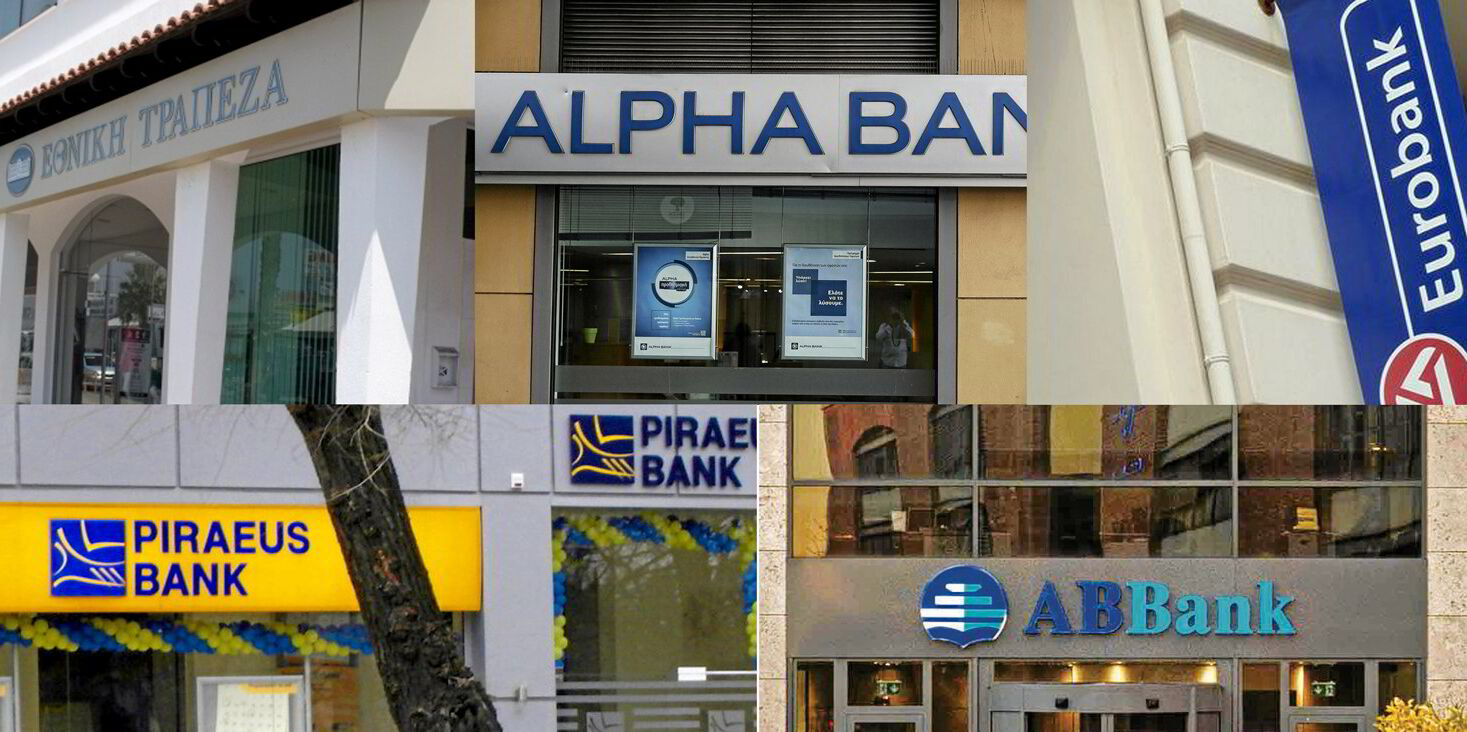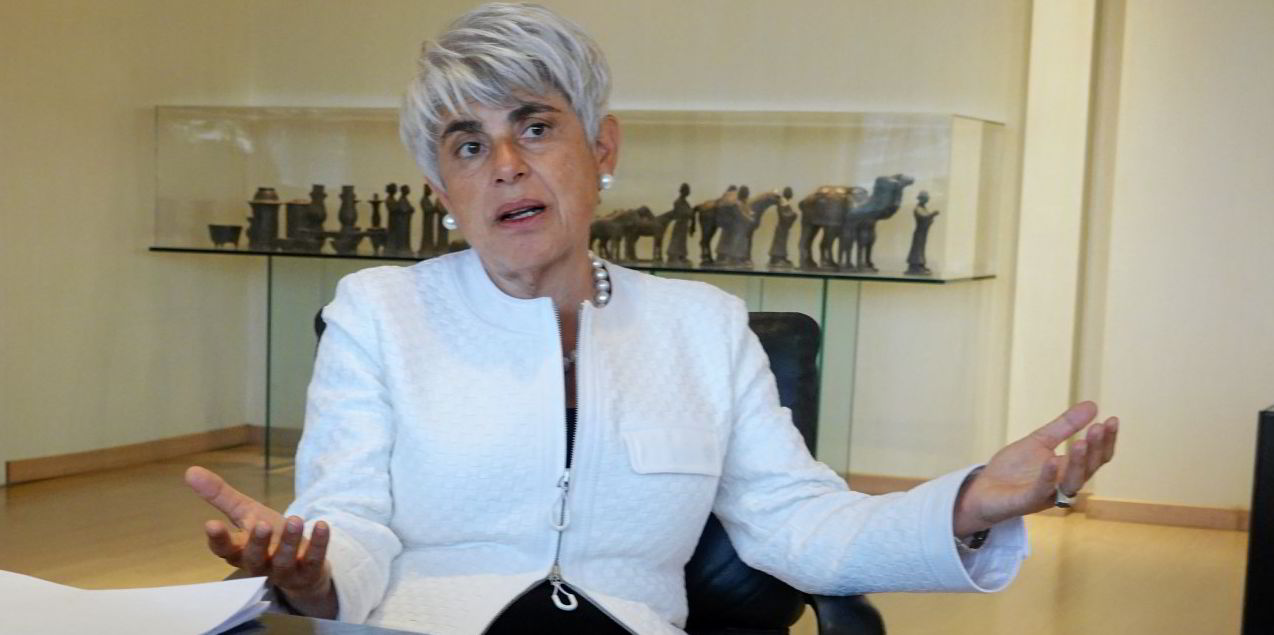Greek shipowners and business investors Dimitris Bakos and John Kaimenakis are about to establish themselves as prominent players in their country’s banking system.
Pankritia Bank, the small lender in which they have a majority stake, has agreed with the government to merge with bailed-out lender Attica Bank.
Combined, the two banks will create an entity with close to €7bn ($7.6bn) in assets and €4.7bn in loans, after provisions.
The plan, which has the government and regulators’ blessing but still needs to be approved by parliament, foresees a €730m capital increase for Attica.
In contrast to bigger Greek lenders, Attica has yet to recover from the financial fallout of the national debt crisis a decade ago.
Greece’s bank bailout fund, HFSF, will contribute about €475m to the share capital increase.
Thrivest Holdings, the investment vehicle that Bakos and Kaimenakis hold alongside business partner Alexandros Exarchou, will bring in about €200m in cash, plus the whole of Pankritia.
According to the Greek government, this is the only solution to safeguard the two lenders, which are both suffering from a high volume of non-performing loans and thin capital buffers.
Kaimenakis and Bakos acquired a majority stake in Pankritia Bank in 2022, the year the bank agreed to take over the local branch of major lender HSBC, which decided to leave the country.
Shipping loans have been a small but growing part of Pankritia’s business since. Its latest financial statements for the first quarter show its shipping loan portfolio growing quickly, even though from a low basis, at an annual pace of nearly 50% to €66m.
Kaimenakis and Bakos have had a close business relationship for decades, from the time they served together on ships — Kaimenakis as a master and Bakos as a chief engineer — to the founding of shipping companies out of Fujairah and Athens since the late 1990s.
They are currently the principals of tanker owner Altomare and their children jointly control another Piraeus-based company called Smart Tankers.
Their investment in Attica also underlines the growing role of shipping capital in the domestic economy.
Greek shipowners have been investing part of their maritime wealth in their country for centuries. The pace of their onshore investment depends on the ups and downs of their shipping fortunes and Greece’s political and economic stability.
Conditions for onshore investments at home have improved considerably after the end of the sovereign debt crisis in 2018.
Shipowners control a large part of the country’s media scene.
Major player George Procopiou recently invested in Hellenic Shipyards — a historic yard better known as Skaramangas — which he is helping to revive and also joined in Ellinikon, one of Europe’s biggest real estate projects led by the Latsis family.
Earlier this year, ex-Glencore trader and billionaire Aristotelis Mistakidis agreed to take a controlling stake in niche Greek shipping lender Aegean Baltic Bank.





